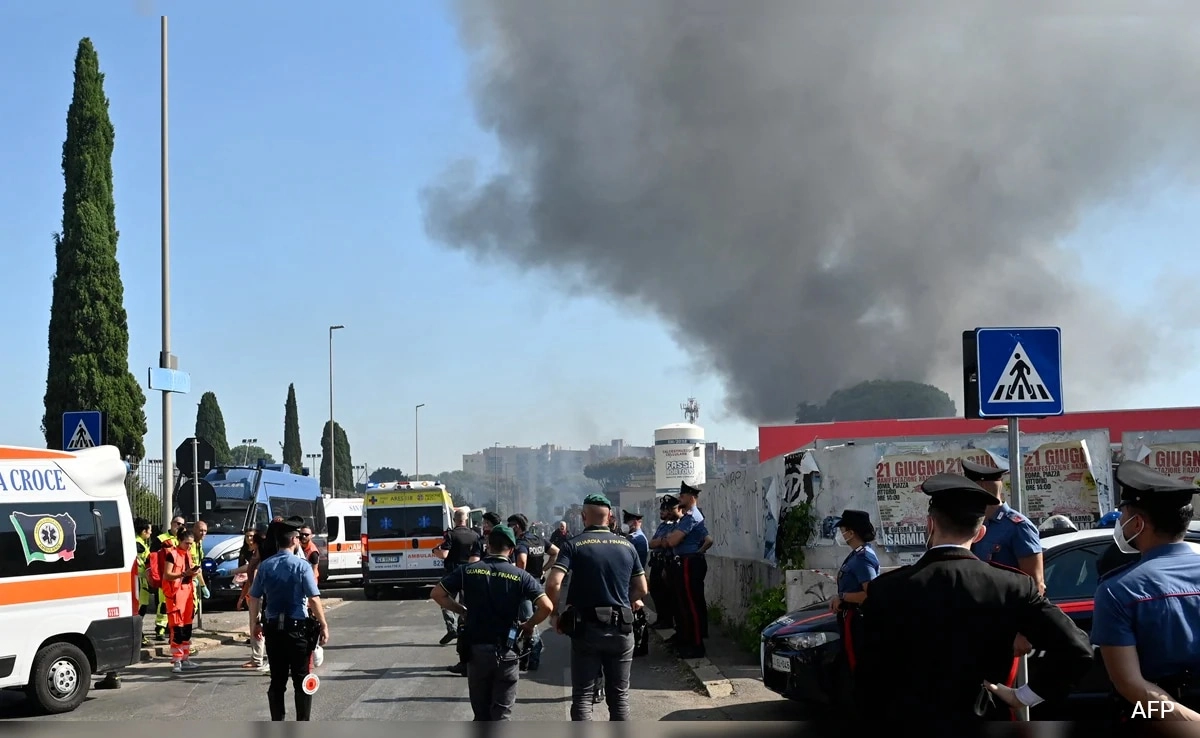The Israeli military has recently conducted a significant attack on Houthi targets located in Yemen’s strategic Hodeidah port. This development marks a notable escalation in the ongoing conflict involving the Houthis, a group supported by Iran, which has been deeply entrenched in Yemen’s civil war for several years. The attack is part of a broader regional strategy by Israel to counter Iranian influence in the Middle East, particularly in areas where Iranian-backed groups operate. The Hodeidah port is crucial not only for humanitarian aid but also for the smuggling of weapons and supplies that support the Houthi forces.
The operation underscores Israel’s continued commitment to taking preemptive action against perceived threats in the region. By targeting Houthi positions, Israel aims to disrupt the supply chains that facilitate the flow of military resources to these groups. This military intervention is likely to provoke a response from Iran and its allies, potentially escalating tensions further in an already volatile region. The Houthis have previously demonstrated their capability to retaliate, often launching missile attacks against Saudi Arabia and other targets perceived as adversaries.
This attack comes on the heels of heightened geopolitical tensions, with various factions vying for control in Yemen, a nation already devastated by years of war. The situation remains fluid, with humanitarian concerns growing as the conflict continues to impact civilian populations. The port of Hodeidah has been a focal point in the struggle for control, as it serves as a vital entry point for aid and supplies amidst a dire humanitarian crisis. With Israel’s military action, the dynamics in Yemen could shift, leading to a reevaluation of alliances and strategies among regional powers.
As the conflict unfolds, the international community watches closely, concerned about the implications for regional stability and humanitarian access. The potential for increased hostilities raises questions about the future of Yemen and the safety of its citizens. The response from Iran and the Houthis could further complicate the situation, leading to a cycle of retaliation that may draw in other regional players. With military actions like these, the already complex landscape of Middle Eastern geopolitics becomes even more intricate, necessitating careful diplomacy and strategic considerations from all involved parties.




